UPDATE
INGA Pflege
13/01/25
Start of INGA Pflege 3.0 piloting
in Berlin, Brandenburg, Bremen and Hamburg
Following an intensive selection process, the new pilot institutions for the INGA Nursing 3.0 adaptation course have now been selected:
- Charité Universitätsmedizin in Berlin
- DRK-Schwesternschaft in Berlin
- Oberhavel Kliniken in Brandenburg
- Gesundheit Nord Klinikverbund in Bremen
- Universitätsklinikum Eppendorf in Hamburg
We are delighted that, with our support, these institutions want to put INGA Nursing 3.0 into practice and test the modern, innovative concept for the professional recognition of internationally trained nursing staff.
What happens now?
Together with the locations, the DKF is now preparing the implementation of the adaptation course.
After a kick-off event in January for all new pilot locations as a symbolic start, the location-specific planning of school and company implementation begins. Together, we try to take into account the respective circumstances, e.g. framework conditions for financing, state-specific requirements for professional recognition or experience with compensation measures, in the best possible way. The nursing schools are supported in implementing the curriculum appropriately for their location. All participating specialist and language teachers and practical instructors will receive a preparatory workshop from GIM colleagues in advance. A new feature is a learning platform for all teachers, which supports the implementation with extensive materials. We are in contact with the project managers at the individual locations throughout the entire pilot phase.
The offer of support in the area of operational integration management as part of the piloting by the DKF is also new. All locations receive specific advice and support in the development or revision of an integration management concept based on the 15 DKF requirement fields. The aim is to support those responsible in such a way that they can evaluate and adapt the concept if necessary.
Networking among the new INGA care locations for exchange and mutual support is planned from the outset.
Concept of INGA Pflege
What is
INGA Pflege?
INGA Pflege is a new professionally integrated adaptation programme for internationally trained nurses. This innovative concept is an adaptation course that enables internationally trained nurses to have their professional qualification recognised in Germany. It also prepares them for working in Germany. As an adaptation course, INGA Pflege combines efficient professional recognition, effective familiarisation with the host institution and the strengthening of communication skills in the profession.
INGA Pflege was trialled in a first pilot round for nurses from the Philippines as concept version 2.3. The further development of the INGA Pflege 3.0 concept for nurses with professional qualifications from different countries is now being trialled in a second round of piloting.
Development INGA Pflege
The development and coordination of INGA Pflege
![]()
The concept of INGA Pflege was developed on behalf of the Federal Ministry of Health (Bundesministeriums für Gesundheit (BMG)) by the research and transfer centre for societal integration and migration “Gesellschaftliche Integration und Migration (GIM)” at the Hochschule für Technik und Wirtschaft (HTW) des Saarland (Saarland University of Applied Sciences). The subject-specific content is focused on template assessments of the Gutachtenstelle für Gesundheitsberufe (GfG) (Assessment Centre for Healthcare Professions).
Piloting support
INGA Pflege by the DKF
The DKF is coordinating the piloting of the INGA Pflege. Participating facilities are supported free of charge during the pilot phase. With regard to methodological and didactic issues, support is provided in cooperation with the GIM.
What special features does the INGA Pflege equalisation measure offer?
INGA Pflege is an adaptation programme designed to enable participants to work as specialists as soon as possible after their professional recognition. To this end, INGA Pflege combines intensive integration of specialised and language learning with guided practice in the future workplace right from the start. This allows the qualification to be practice-orientated. At the same time, INGA Pflege enables intensive language support and preparation for the (specialised) language examination.
INGA Pflege makes it easier for internationally trained nurses to start and settle into their new workplace. The programme promotes sustainable integration into the respective company right from the start.

What does the concept of INGA Pflege look like exactly?
INGA Pflege is a job-integrated adaptation programme for internationally trained nurses with integrated language training. The adaptation programme can be completed by internationally trained nurses from language level CEFR B1 in 6-12 months, depending on the need for equalisation and learning progress.
The components of the programme are guided practice in the institution, theoretical and practical lessons and integrated language support. The teaching units are carried out in tandem by one specialised teacher and one language teacher (team teaching). Language, communication and care skills are taught, intensified and reflected upon in a job-orientated manner. The focus is on confidence in everyday professional life.
The key data
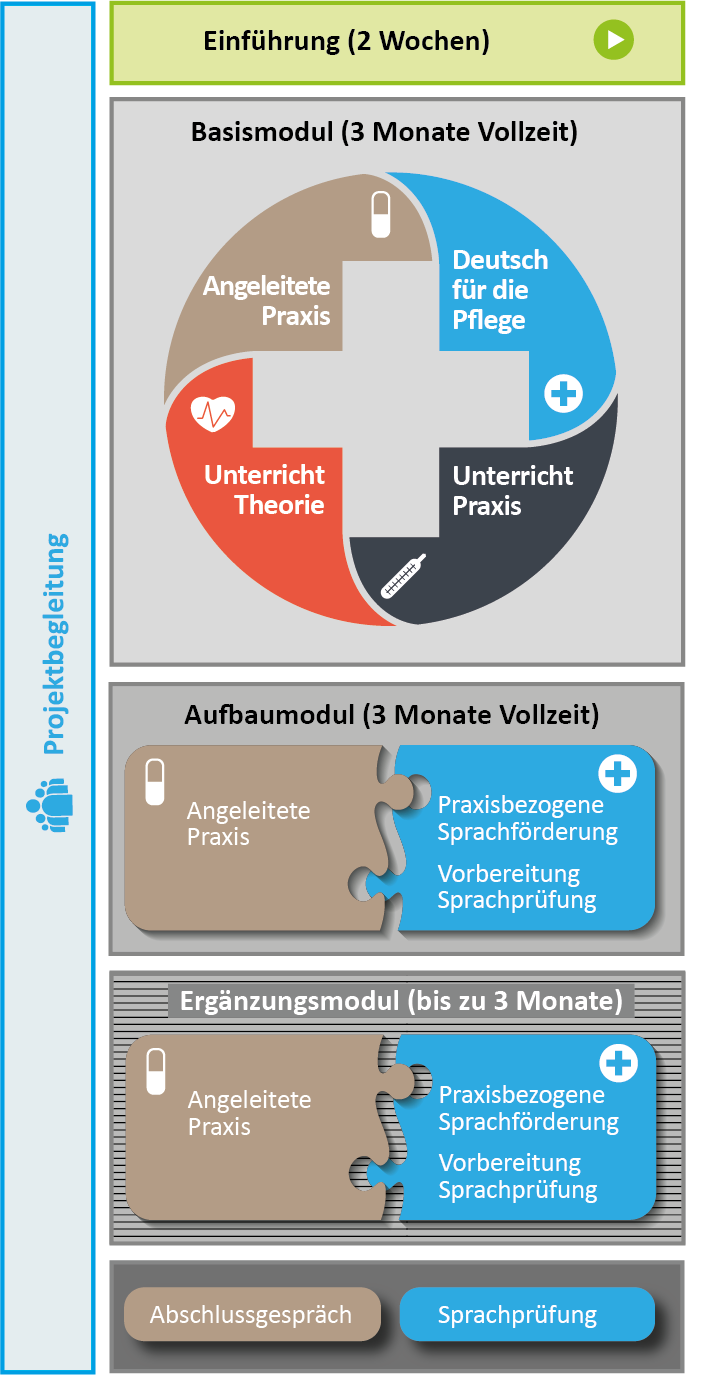
Target setting
Recognition of foreign vocational qualifications & professional licence as a “Pflegefachfrau / Pflegefachmann”.
Country
Coordination with the state authorities, suitable GfG sample report should be available.
Duration of the professional alignment course
2 weeks introduction | 3 months basis module (integrated subject-specific and language tuition, guided practical experience) | If applicable, up to 3 months supplementary module, in the case of further practical periods that are compensated, as well as the repetition or later performance of the technical interview or a language examination
Content (INGA Pflege 3.0)
Understanding of nursing and job image | basic nursing and prophylaxis | nursing process and diagnostics | communication and interaction | exercise | hygiene | nutrition
What does ‘integrated’ mean at INGA Pflege?
In order to be able to participate in INGA Pflege, the recognised nurses must be employed at the host institution for the duration of the programme. Here, integrated means that the programme, including the language components, takes place during working hours. This avoids additional stress for the internationally trained nurses during this demanding phase of professional recognition.
Likewise, ‘integrated’ also means that it is generally possible to complete the practical part of the adaptation period – in consultation with the competent body and depending on individual compensation requirements – entirely in an institution. With INGA Pflege, internationally trained nurses can already gain experience in everyday working life as part of the recognition procedure. By familiarising themselves with the work processes and teams, the induction process already begins during the programme. This high proportion of practical experience facilitates the entire recognition process.
What is meant by ‘integrated language training’?
At INGA Pflege, integrated language training stands for the didactic concept of integrated specialised and language learning. Integrated subject and language learning is realised within the framework of INGA Pflege through cooperation between subject and language teachers in team teaching and through accompanying language support.
The continuous team teaching in lessons ensures that the subject content is fully understood with the existing knowledge of German. It increases the language and communication skills of the specialist staff in recognition so that they can cope with the requirements in the classroom and in practice.
The cooperation between specialist and language teachers in the planning and implementation of specialist lessons means that responsibilities are distributed sensibly among all those involved in the qualification process. Teaching organisation tools can therefore be used flexibly and effectively.
Team teaching offers many advantages for the learners: Lessons are varied, learners receive quick feedback and individuals can be given strong individual support. Team teaching also offers opportunities for teachers: When implementing team teaching, they can expand their specialist and methodological knowledge. The joint planning of lessons also conveys a sense of security and can relieve the burden of preparing and organising lessons.
Team teaching enables subject content and linguistic knowledge to be taught in combination and learning gains to be achieved in both areas.
An overview
of the advantages
- Appreciation of internationally trained nurses
- Adaptation course as a form of recognition of existing expertise of internationally trained nurses (alternative to the knowledge test)
- Less excessive demands and stress
- Consideration of completed training in the overall concept (based on GfG sample report)
- Start with B1 CEFR through intensive language support
- Dovetailing of integration management concept and DKF toolbox
- Recruitment with agencies that have the ‘Fair Recruitment Healthcare Germany’ quality mark
- Preparation for care work in Germany
- Nursing-specific language support through lessons in tandem with specialised and language teachers and accompanying language lessons
- Skills acquisition through targeted equalisation of training differences
- Coverage of all areas of expertise
- High proportion of practical instruction in your own institution
Implementation of INGA Pflege
What are the costs?
Use of the concept and associated materials, as well as support from the DKF, are free of charge during the pilot phase.
You must calculate the costs of the measure individually for your organisation. The calculation of the costs is made up of and depends on
• Personnel costs for nursing teachers, language teachers and practical instructors
• Room costs for the tuition
• Teaching and learning materials
• Working materials
Prerequisites
for facilities
Facilities that are suitable for implementing INGA Pflege are hospitals, nursing homes and outpatient care services. The pilot facilities should fulfil the following requirements:
- Recruit a group of care professionals to enable a joint course start
- Recruitment with agencies that have the ‘Fair Recruitment Nursing Germany’ quality mark (or self-recruiting facilities must carry the ‘Fair Recruitment Nursing Germany’ quality mark)
- Operational integration management is implemented based on a concept
- Willingness to cooperate with DKF and GIM in the pilot phase
- Willingness to enable involved employees to participate in accompanying workshops
- Responsible practical instructors
- Availability of qualified practical instructors to implement the measure in the organisation
- Clear responsibility structures regarding the implementation of measures in the institution
- Possibility of cooperation with a state-recognised nursing school to provide theoretical and practical instruction
- Possibility of working with a language teacher for the duration of the programme implementation
If you do not yet fulfil the requirements listed, we will be happy to support you.
Support from the DKF
The DKF offers interested organisations in the selected pilot countries initial advice on the INGA Pflege compensation measure. It also coordinates workshops for organisations to plan and prepare the measure.
The DKF also offers support for the company integration management concept, coordinates and networks all relevant stakeholders for the purpose of smooth implementation and coordinates implementation with the facility and the nursing school. Additionally, it supports facilities in familiarising themselves with the concept, provides advice on questions during implementation and, in particular, clarifies pedagogical and didactic issues in cooperation with the GIM.
Questions about
INGA Pflege
Do you have questions about INGA Pflege? Then take a look in our FAQs: There we answer frequently asked questions.
Overview
to the process
Flowchart Placement
An overview of placement with the ‘Fair Recruitment Healthcare Germany’ quality mark and recognition with INGA Pflege can be found here:
Piloting INGA Pflege 2.3 (PHIL)
Completion of the INGA Pflege Philippines pilot programme
Piloting of the INGA Pflege Philippines compensation measure took place at the following locations in 2022-2023:
- Universitätsklinikum Hamburg-Eppendorf (University Medical Center Hamburg-Eppendorf),
- Anwerbeverbund Vogtlandkreis Sachsen (Vogtlandkreis recruitment association in Saxony) and
- Klinikum Ernst von Bergmann Potsdam Brandenburg (Ernst von Bergmann Hospital Potsdam Brandenburg).
The programme will continue to be offered at all three locations. The three federal states have different requirements for recognition, e.g. regarding the language test. In addition, there are different funding options at the three locations.
In Hamburg, the B2 nursing language test is a prerequisite for recognition. At the University Medical Centre Hamburg-Eppendorf, INGA Nursing is funded by the European Union and the Free and Hanseatic City of Hamburg.
In Saxony, passing the final interview and proof of B1 language skills are required. In terms of funding, the Vogtlandkreis recruitment association has AZAV certification for the programme.
And in Brandenburg, a B2 certificate is required before the final interview. The INGA nursing adaptation programme at Klinikum Ernst von Bergmann is employer-financed.
The duration of the programme for Filipino participants is between 6.5 and 8 months, depending on the location. During this time, the internationally trained nurses from the Philippines complete an adaptation period. INGA Nursing has now been evaluated. You will find the evaluation results here (only in German language available):
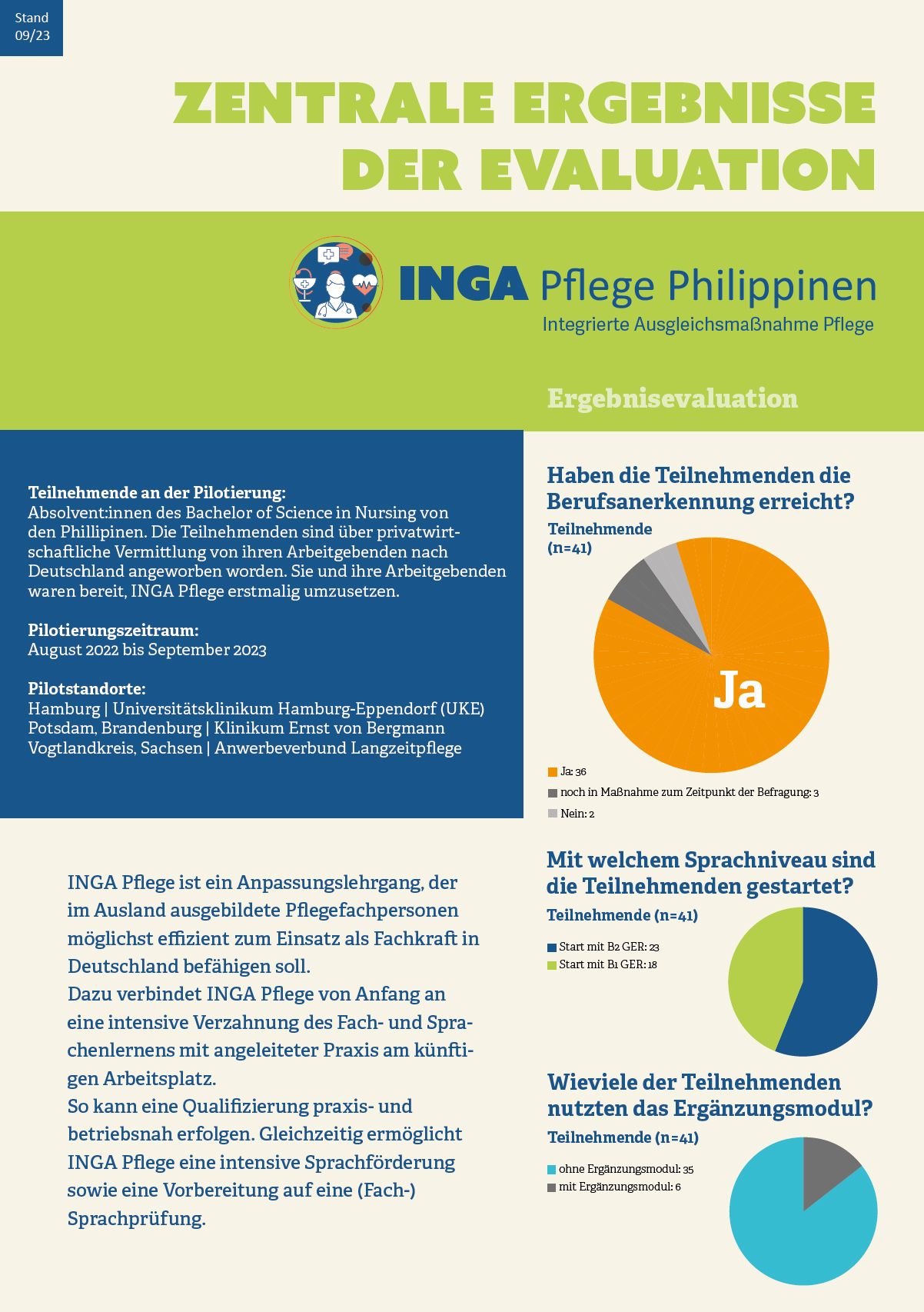
Findings from the DKF
pilot project support
The piloting of INGA Pflege Philippines has made it clear that a high level of commitment is required from all those involved in order to enable successful implementation. Changes in the framework conditions for recognition processes, such as the conversion of notifications and compensation measures to the Nursing Professions Act, the use of the sample reports from the Assessment Centre for Healthcare Professions and the introduction of the specialist language test in some federal states, are also proving challenging.
It is not easy to organise the participants’ joint start to the measure in view of the processes involved in obtaining visas, travel planning, participation in language courses, etc. Coordinating persons at the location as central contact persons have proven to be extremely helpful. The active and early involvement of the wards and teams in the INGA Pflege project is important for the acceptance and success of the programme.
The active and early involvement of the wards and teams in the INGA Pflege project is key to the success and acceptance of the measure at the sites.
Recognition of Ukrainian qualifications with INGA Pflege
Information on INGA Pflege Information about INGA Pflege+ UKR
INGA Pflege+ UKR - compensation measure for nurses from Ukraine
Occupational integrated compensation measure with integrated language training
for Ukrainian nurses

Nurses educated in Ukraine who have fled to Germany as a result of the Russian war of aggression require professional recognition if they wish to work as specialists in Germany. Possible differences between Ukrainian and German nursing training must be dealt with in equalisation measures.
To this end, the Federal Ministry of Health (Bundesministerium für Gesundheit, BMG) has commissioned the expansion of the INGA Pflege adaptation programme for Ukrainian nursing professionals. The measure was designed by the Research and Transfer Centre for Social Integration and Migration (Forschungs- und Transferstelle Gesellschaftliche Integration und Migration, GIM).
The programme offers Ukrainian nurses early career prospects in the profession they have learned. The focus is on language acquisition. It is important that German is learnt up to level B1 CEFR beforehand. The BAMF integration courses, which are offered free of charge to Ukrainian refugees, are recommended for this purpose.
The INGA Pflege Ukraine compensation measure can be implemented as part of the INGA Pflege 3.0 pilot project.
For more information on the pilot project, please contact the DKF.
Are you interested in implementation at your own facility?
Then get in touch with us!
We offer all interested hospitals and nursing facilities an initial consultation on the compensation measure INGA Pflege.
Your contact partners for all queries:
Deutsches Kompetenzzentrum für internationale Fachkräfte in den Gesundheits- und Pflegeberufen (DKF)
im Kuratorium Deutsche Altershilfe (KDA)
Julia Schmidt
Dr. Stefanie Visel


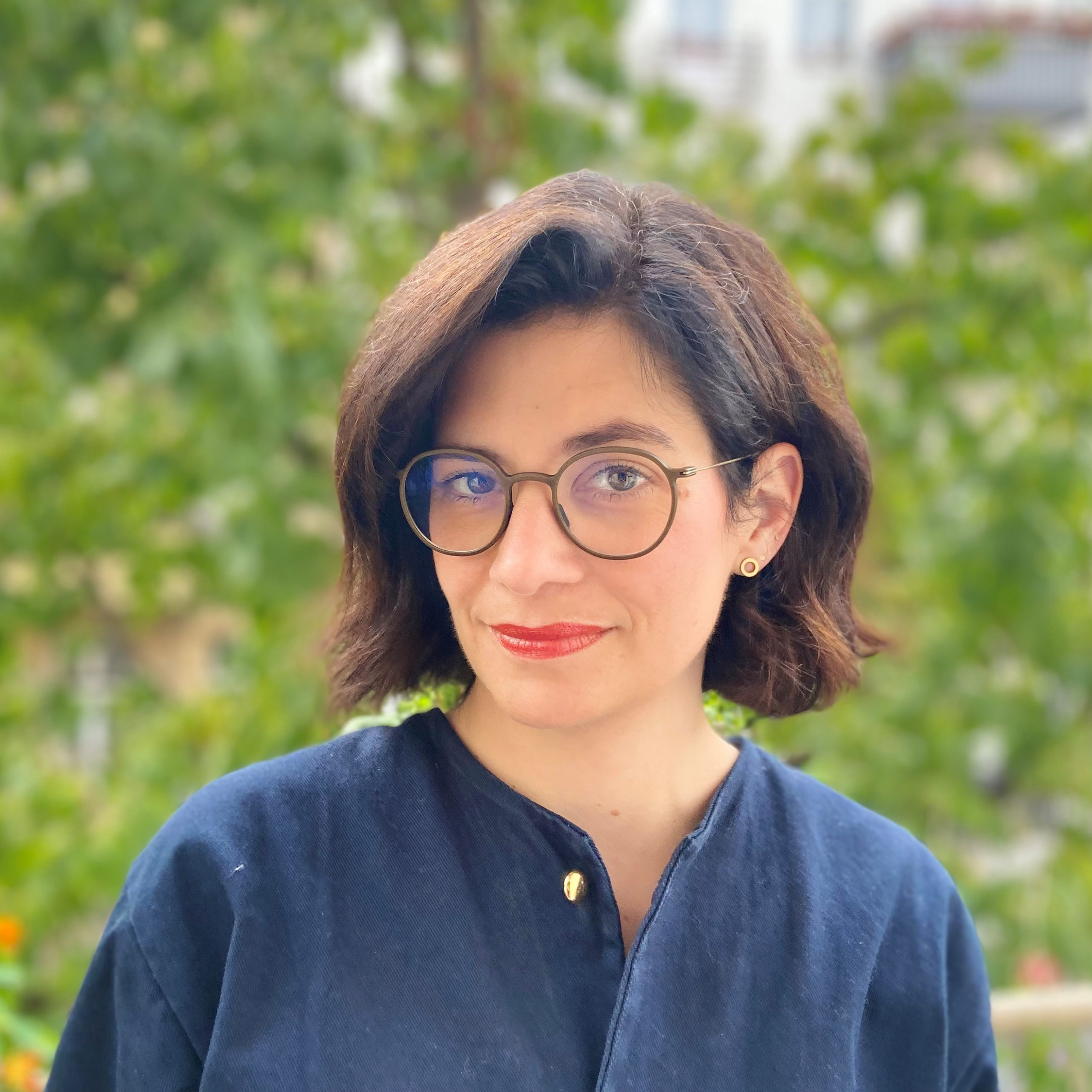
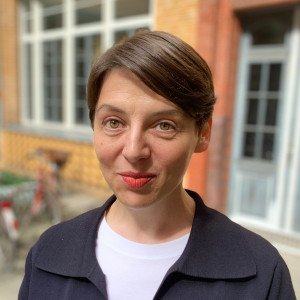
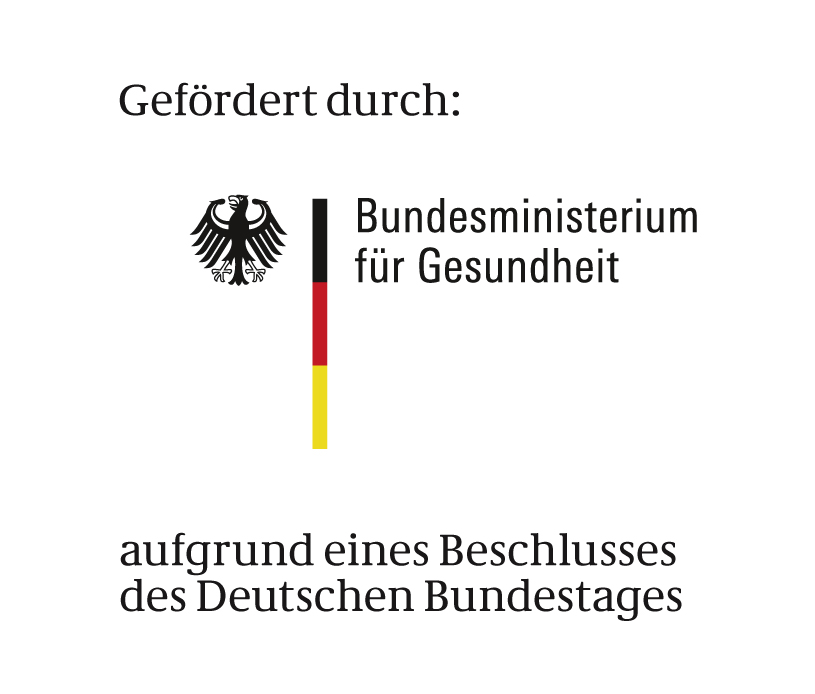

Follow us: